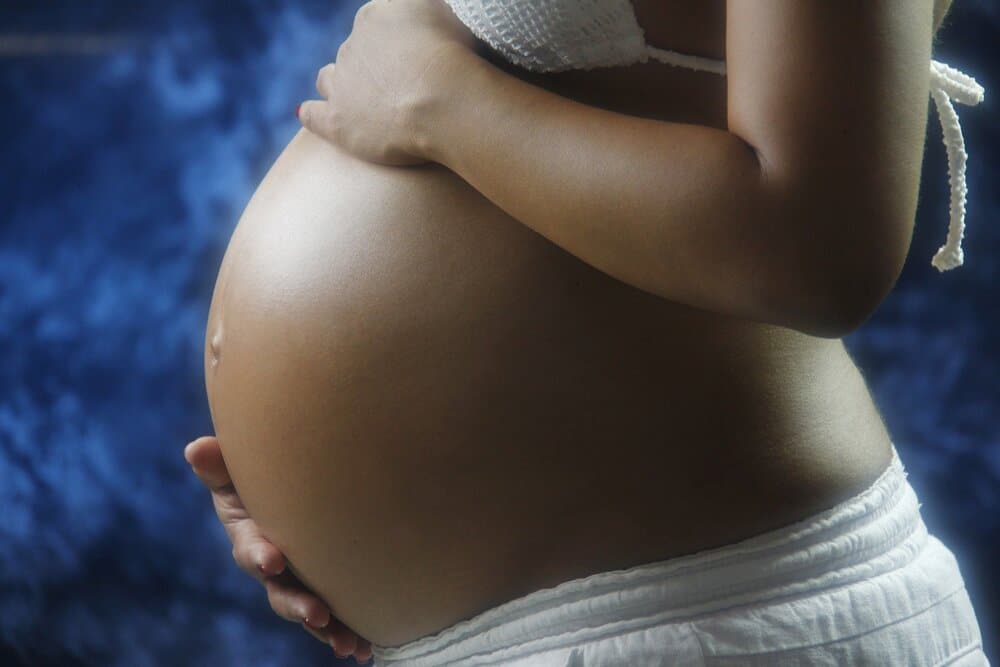Piles, also known as haemorrhoids, can strike at any point in life, but pregnancy, with its hormone shifts, tends to make it worse.
The swelling in blood vessels around the anus is more likely thanks to that growing womb pressing down on everything, increasing the risk of developing haemorrhoids.
So what are piles exactly? Essentially, they’re swollen veins in and around your bottom that can be either internal or external.
It might start with some uncomfortable symptoms like aching pain, itching, and even lumps hanging around (literally).
You might also notice some mucus, discharge, or bright red blood after a bowel movement—none of which is fun.
Now, pregnancy brings its own brand of challenges, but if you’re dealing with piles on top of that, it’s double trouble.
The good news is, there are ways to manage and ease these symptoms. One major culprit is constipation, which contributes heavily to the development of piles. So, tackling that is step one.
According to Imran Lakhi, superintendent pharmacist for Prescription Doctor, “While they are usually asymptomatic, they can sometimes present themselves to be itchy, uncomfortable or painful.
For these cases, treatments can be sought to help reduce the inflammation and ease the discomfort or pain they may inflict.”
First off, it’s important to stay away from some bad habits, like straining too much on the toilet, scratching the area, or holding off on going to the loo to avoid discomfort.
Instead, focus on making things a bit smoother in the bowel department by bulking up your diet with fibre.
Your best friends are going to be fruits, vegetables, and wholemeal bread—these help keep things moving.
Also, keep that water bottle handy because staying hydrated can be a game-changer in preventing constipation.
If you’re looking for a bit more immediate relief, a few other tricks can help:
- Warm baths – Sitting in a warm bath for about 20 minutes after each bowel movement can offer some soothing relief. You could even try a sitz bath, which is essentially a plastic bowl you pop over your toilet seat to sit in warm water.
- Limit sitting time – While it’s tempting to relax, sitting for too long can put even more pressure on those already irritated veins. Lying on your side is better, and when you do sit, taking regular breaks to move around helps.
- Over-the-counter treatments – There are haemorrhoid creams and suppositories available, many of which are safe to use during pregnancy. It’s always best to ask your pharmacist or GP for advice on which is the safest option for you during this time.
Piles may be a frustrating side effect of pregnancy, but with a few lifestyle tweaks and some self-care, you can manage the discomfort and keep things under control.





